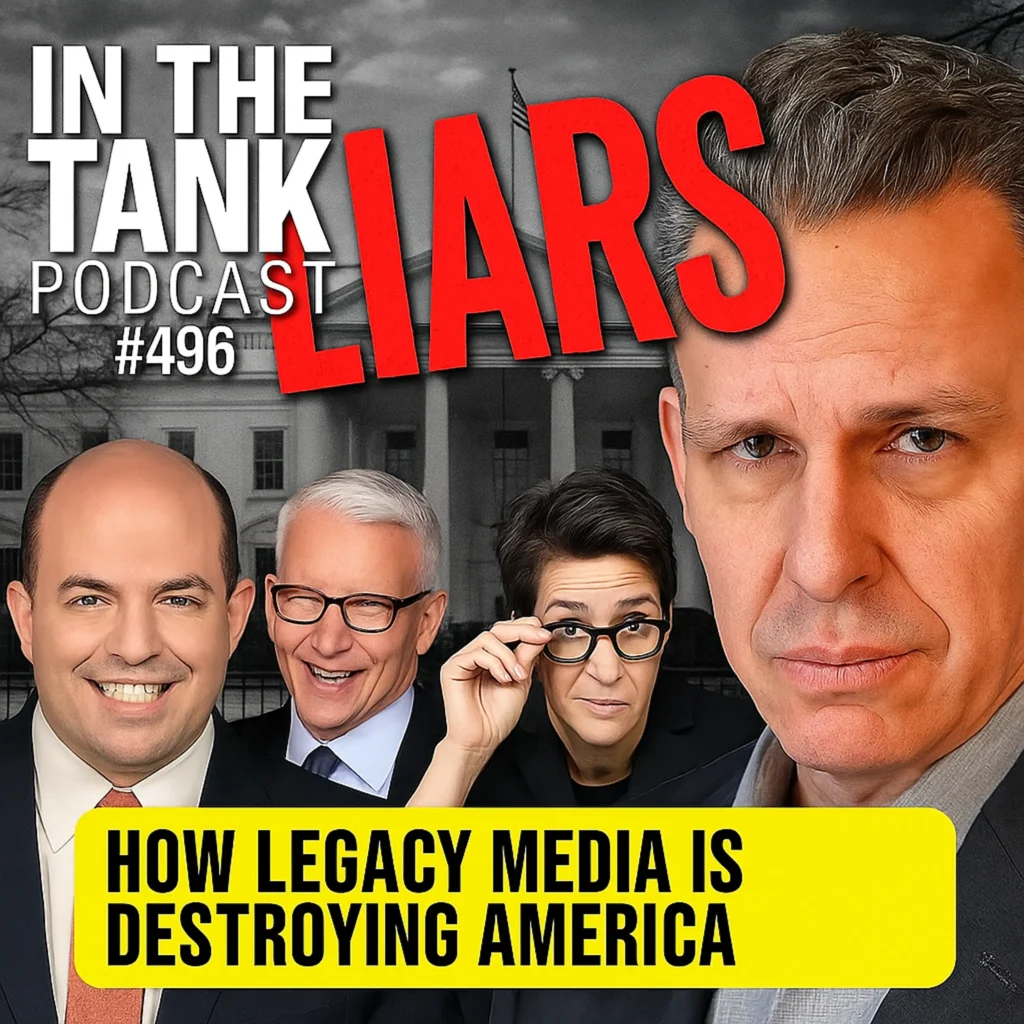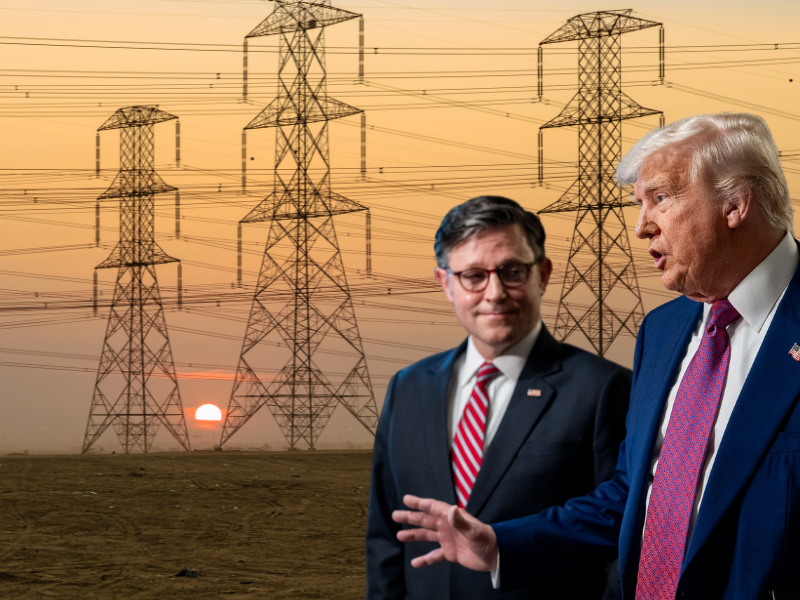Congress and the Federal Communications Commission have expressed clear opposition in recent weeks toward exclusive handset deals such as the one AT&T has with Apple’s iPhone.
Even before FCC Chairman Julius Genachowski took his post in June, he promised a probe of handset exclusivity deals. Sen. Jay Rockefeller (D-WV) opened a Senate Commerce and Science Committee hearing in July by announcing there are “too many places in this country where wireless call quality is low and service is unreliable—places where wireless broadband is only a pipe dream.”
Responding to such pressure, Verizon CEO Lowell C. McAdam declared in July, “Effective immediately for small wireless carriers—those with 500,000 customers or less—any new exclusivity arrangement we enter with handset makers will last no longer than six months for all manufacturers and all devices.”
Exclusivity Critics Persist
Pro-regulation groups are not satisfied with Verizon’s concession.
“This is Verizon’s attempt to discourage federal investigators from further examining their efforts to restrict competition and stick consumers with the bill,” charged Chris Riley, policy council for Free Press, a Washington, DC-based group that advocates for more government regulation of the wireless industry.
“Why is the limit six months, and why is it limited only to the smallest carriers and not any of Verizon’s major competitors? This proposal does nothing to address the anti-competitive issues posed by handset exclusivity deals,” Riley added.
Derek Kerton, principal analyst at the Kerton Group, a wireless industry consulting firm based in Pleasanton, California, disagrees. Perhaps exclusivity deals should eventually expire, he says, but not nearly so quickly.
“Six months is too short,” Kerton said. “That’s just enough time to get your marketing going.”
Benefits of Partnership
Salvatore Tirabassi, a partner with the Boston-based investment firm M/C Venture Partners, says critics of exclusivity deals between carriers and handset vendors seem to assume such partnerships were always destined to succeed as well as the iPhone/AT&T deal.
“If the launches go wrong, people stand to lose a lot of money,” Tirabassi said. “There have been some handset flops. The first BlackBerry Storm [on the Verizon network] was not well received. And look at the Android, a deal between Google and T-Mobile. It’s done OK, but I don’t think you can call that a resounding success.”
Overall, however, Tirabassi says allowing handset manufacturers and wireless carriers to join forces reduces risks for both companies, which encourages innovation.
“In some regards, you could take the view [of these partnerships] as driving more innovation because each carrier is willing to take more risk because of the exclusive handset relationship,” Tirabassi said. “Both companies end up moving forward with more confidence.”
Rural Carriers Displeased
The Rural Cellular Association (RCA), which includes about 100 small and medium-sized carriers, said it was encouraged by Verizon Wireless’s offer to limit new exclusive handset deals. But the RCA said the offer was inadequate.
“The current system of U.S. carrier exclusive arrangements with handset makers, and subsequently subsidizing handsets to lock in users, is near-monopolistic and counter to the principle of free markets that capitalism is based on,” the RCA stated. “It is purely a marketing tactic that reflects the fact that modern phones are fads with a very short shelf life, and carriers want to reap short-term profits at the expense of users.
“A better approach would be what is practiced everywhere else in the world—namely open handsets and open mobile networks, where phones are not tied to any specific carrier, and users can simply use whatever mobile phone they want with the carrier of their choice,” the group stated. “There is no technical or economic rationale for mobile devices to be exclusively tied to any carrier, other than to maximize profits for carriers and handset makers.”
Exclusivity Spurs Innovation
While opponents complain the exclusivity deals shut out market competition, the agreements have benefits as well, Kerton says.
“The benefits are a mixed bag,” Kerton said. “Those [with the agreements] do have an advantage, but it does spur innovation. Without exclusivity, innovation would suffer. How much? That’s debatable.”
Though Apple’s iPhone, which is offered exclusively through AT&T, did grab market attention and share, the BlackBerry, offered by Verizon, and the Palm Pre, offered by Sprint, have very competitive offerings of their own.
Phone Prices Drop
Tirabassi also notes consumers benefit from exclusive handset deals because the wireless carriers essentially “subsidize the phones.”
“The carriers are giving the consumer a pretty significant discount on the handset to get them to buy it, and that’s a big business risk as well,” Tirabassi said. “They have to make sure [the handset] has a platform that satisfies the consumer.
“The result, it seems to me, is that the market is competitive enough that it’s forced vendors and carriers to form these kinds of relationships to maximize the success of really innovative platforms,” Tirabassi said.
Market Choices Preferred
Robert Sanchez, president and CEO of Globaltel Media in San Diego, California, says the market, not government regulators, should work out where smaller and rural carriers will fit into the new smart phone environment.
“The exclusivity deals do spur innovation, but the business side becomes a little awkward because [the agreements] knock out some of the smaller firms,” Sanchez said. “If they can’t afford ‘to play,’ they can’t participate.
“The market should work it out,” Sanchez added. “The government shouldn’t limit business, but should keep an eye on interoperability, particularly global interoperability.”
Phil Britt ([email protected]) writes from South Holland, Illinois.



